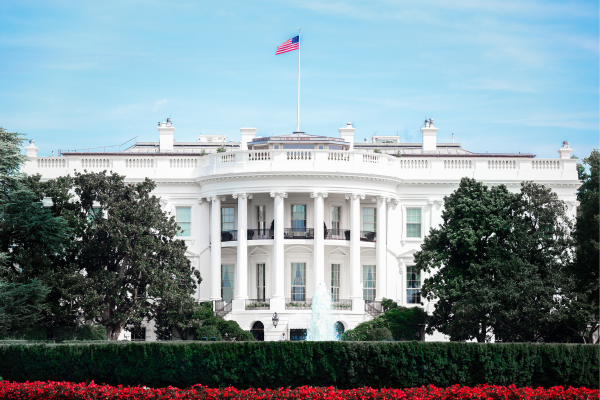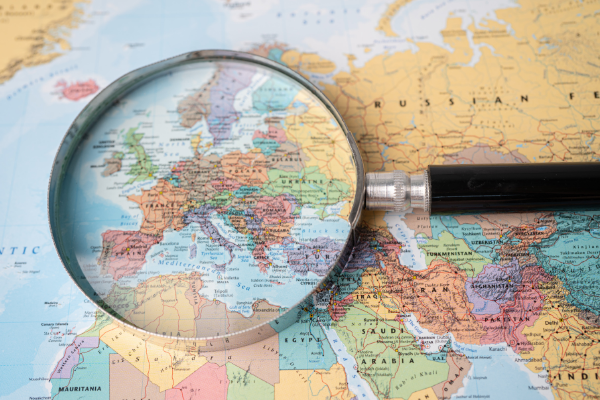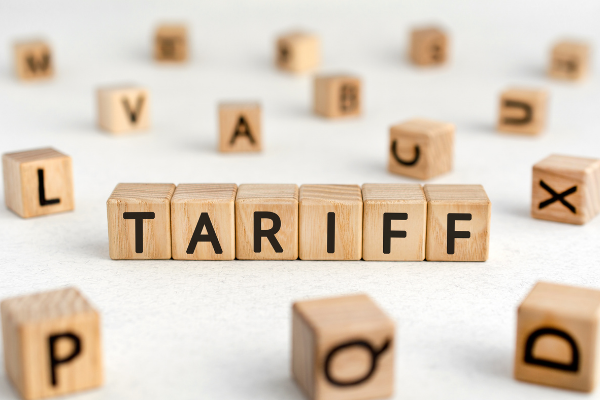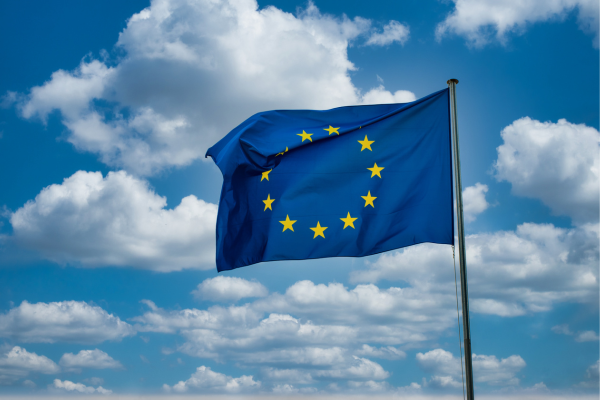BY:
SHARE:

If the events of early April 2025 have taught us anything, it’s this: non-preference origin is no longer a box-ticking exercise. It’s a central piece of trade compliance, especially for any business exporting to the United States.
When President Trump announced sweeping new baseline and reciprocal tariffs on 2 April 2025, suddenly the origin and the details on your shipping paperwork came under the spotlight. A universal 10% tariff was imposed on all imports into the USA effective 5 April, with sharply higher country-specific duties (up to 49%) applied from 9 April 2025, and this is based on where the goods are made, not where goods are shipped from.
That’s why non-preference origin matters.
Let’s be clear: non-preference origin is not the same as preferential origin used for free trade agreements. It doesn’t matter whether your goods qualify under the UK–USA Mutual Recognition Agreement, the South Korean-USA Free Trade Agreement (KORUS) or a zero-duty regime somewhere else. The US new tariff system applies duties based on the origin defined under WTO Customs rules, typically the country where the product was last substantially transformed.
Under this new structure, if you ship a £50,000 mixed origin consignment to the US from the UK — but £15,000 of that is Chinese-origin and £10,000 is Japanese-origin — then that portion of the consignment is going to be hit with 34% and 24% tariffs respectively, regardless of the UK being the exporter. Even if you hold stock in the UK, apply your own branding, or do final assembly here, you’re not off the hook unless you meet strict origin transformation rules.
Is your company one of the exporters that rely on guesswork to identify origin, assume it’s UK origin because you bought it from a UK company, or assume the shipping country and country of origin are the same? Declaring non-preference origin is mandatory under global Customs regulations, but freight forwarders/ intermediaries and Customs brokers often fail to separate values and commodity codes against origins on Customs declarations. Going to America this could trigger incorrect duty payments, audits, and penalties. With the new tariffs in force, the cost of getting the origin wrong just skyrocketed.
It also exposes the risk of routing goods through the UK or EU as a way of “laundering” origin. U.S. Customs and Border Protection (CBP) is likely to scrutinise entries closely for misdeclared origin, and applying UK origin to goods that are clearly made in Asia or Europe won’t survive an audit. There is also the opportunity of claiming a zero duty on goods of USA origin going back into the USA under the newly introduced HSTUS 9801.00.10.
U.S. goods returning (HTS 9801.00.10) must be unmodified abroad, be supported by proper documentation (e.g., declaration from U.S. exporter, proof of prior export) and be declared correctly at entry to be duty-free and exempt from MPF (a tax Merchandise Processing Fee).
There’s still time to act. Companies need to:
- Conduct a line-by-line origin review of any products exported to the U.S.A
- Check what information is on your invoices, is the origin clear?
- Keep manufacturer declarations and bills of materials on file.
- Train commercial and logistics teams on the difference between the shipping country and the origin.
- Work with Customs brokers to ensure the correct Harmonized Tariff Schedule codes and origin declarations are made at entry.
Non-preference origin has always been a legal requirement. But now it’s also a financial one, with direct bottom-line consequences.
So yes, we told you origin was important! Hopefully now, everyone’s listening.
If you are interested in exploring this topic further, you might find it worthwhile to consider the training courses and live clinics offered by Strong & Herd LLP:
OneCall™ Email assistance as and when required; A one-call solution for all your import, export and customs enquiries. Export help. Import help. Customs help.
Stay informed about customs and international trade matters by subscribing to our OneCall™ service. This comprehensive offering includes a dedicated email helpline for support, timely practical updates direct to your inbox (Did You Know?), monthly UK Customs & Trade Briefings and access to an interactive members' area with an exclusive community for our subscribers.
International Trade Updates & Spotlight Newsletter
Subscribe to our free information emails covering international trade topics...












